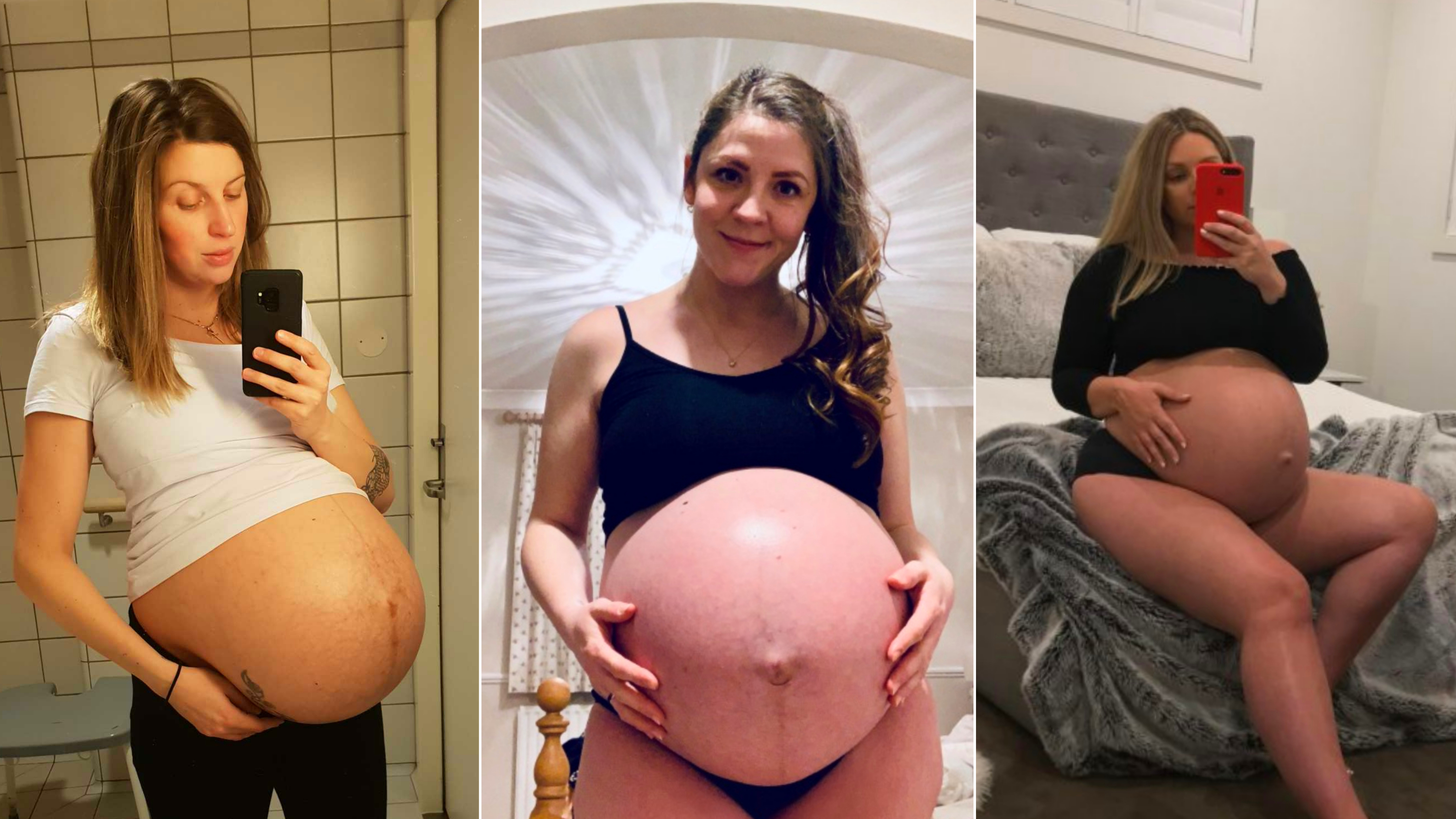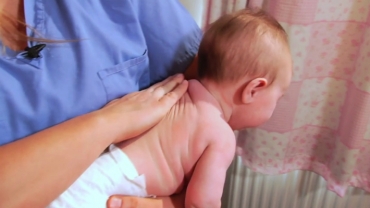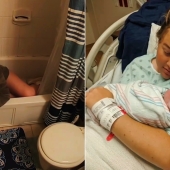
There’s no greater feeling than welcoming to the world a bundle of joy… make that two bundles… or maybe even three. Human society has always been fascinated by triplets, and there have been many interesting theories regarding triplets throughout history: For example, multiple births were considered a blessing by the Romans (unless they were girls; historically, Rome wasn’t great on gender equality). Those aren't the only fascinating facts about triplets to know, of course. And while the cultural imagination regarding triplets is fanciful, the real science behind these multiple births is even more astounding.
Photo credits: Triplet With Triplets
Recently, there was a viral story of new mother named Judit Minda who gave birth to triplets while being a triplet herself. The Today Show reported that while she was nervous about the complexity of having triplets, she also remembered how much she enjoyed being a triplet, saying, "But most of the time it was amazing. And still is. I have gone through life having two best friends.” The chance of this scenario — of a triplet having triplets — is almost unfathomably rare. However, there is some recent research that suggests that having fraternal twins can be a hereditary trait, according to Science, which may explain Judit Minda's incredible story. Otherwise, your chance of having triplets is, as is discussed below, a near miracle.
1 - They’re more rare than you think (unless you use fertility treatments)
Depending on your point of view, you’re lucky if you have triplets. And in fact, statistically speaking, it’s quite a stroke of luck: as per a CDC study published on Multiples of America, only 4,123 mothers gave birth to triplets out of 3,978,497 total births in 2015. That’s a 0.1 percent chance of having triplets. For comparison, twin births were 32-times the number of triplet births. And if you live in New Jersey, you’re twice as likely to have triplets as the rest of the nation, according to The New York Times. This is likely due to the high density of fertility clinics. Medically-assisted conception and IVF treatment drastically increase your chance of having triplets, NPR and the CDC reported. This is certainly something to consider when using medically-assisted fertilization, however, multiple-births are still a very rare occurrence.
Photo credits: Michelle Limacher
2 - Fraternal triplets are "trizygotic"
As you may know, twins can be either identical (where the sperm fertilizes an egg, and that egg separates into two) or fraternal (two separate eggs that are fertilized by two sperm, and develop concurrently in the womb). And while triplets can be identical (where the single fertilized egg splits into three), the Society of Obstetricians and Gynecologists explained that they can also be trizygotic, meaning, "three zygotes," with three separate eggs all fertilized by different sperm. These triplets are no more related than any other type of siblings, unlike identical triplets, who share nearly (but not completely) identical DNA, according to the New York Times.
3 - There are surprising parenting pluses to triplets
When considering the prospect of triplets, the first thing that can come to mind is “yikes, that’s gonna be a lot of dirty diapers.” And while it’s true that raising triplets poses a challenge, there are certain perks. One parent revealed to Psychology Today that having all their children at the same age made for easier conversation, and often solved the problem of having different stages of development (especially regarding that dreaded Santa Claus question).
4- Identical triplets have astounding similarities (even when separated at birth)
NPR documented an incredibly rare occurrence: triplets who were separated and adopted at birth, who reconnected by chance when they were 19 years old. Not only were they the spit and image of each other, but they were uncannily alike in some ways, including some of their behaviors and preferences. (Warning: this story is unexpectedly tragic).
5 - Sometimes you can get familiar with each of them before they’re born
In an interview with Cosmo, three women who had been pregnant with triplets revealed that they were able to identify each triplet as they developed in the womb, and were able to feel all their individual kicks. They could even sense who was who based on how they kicked and their location in their belly.













